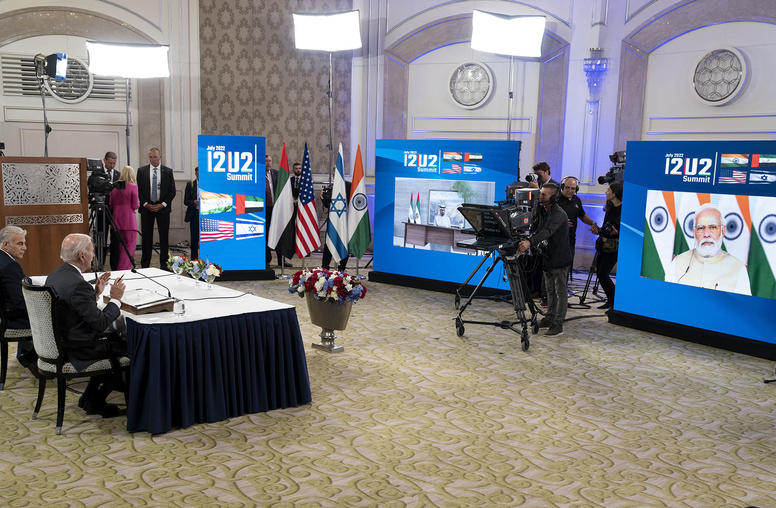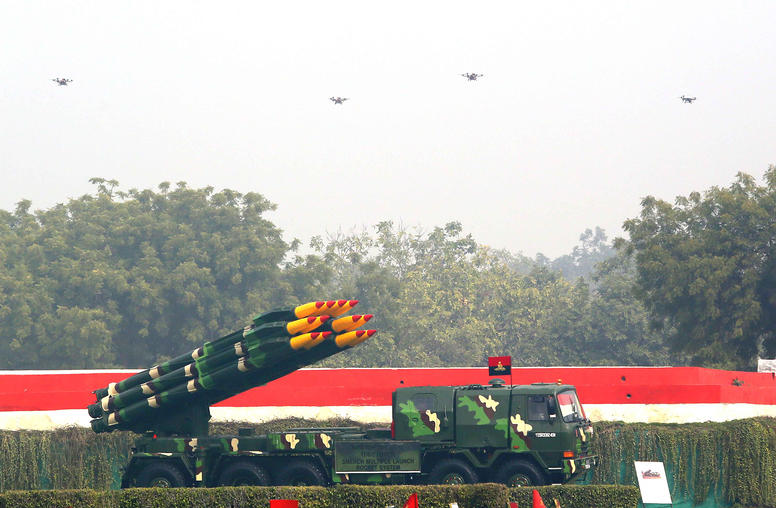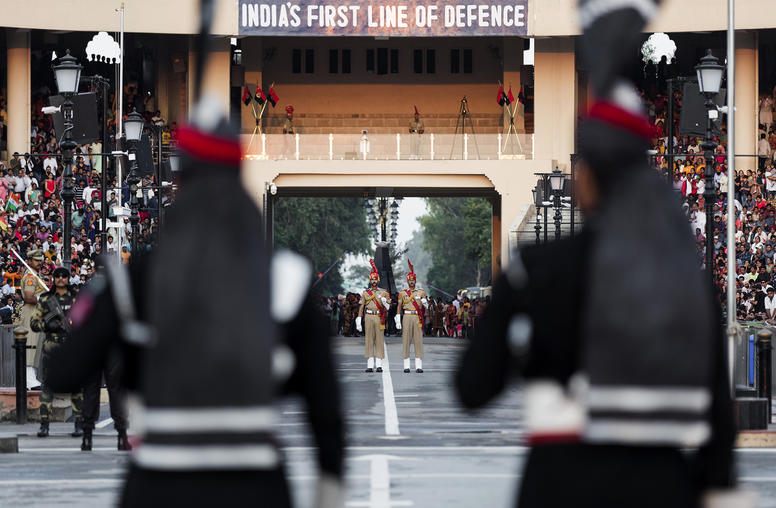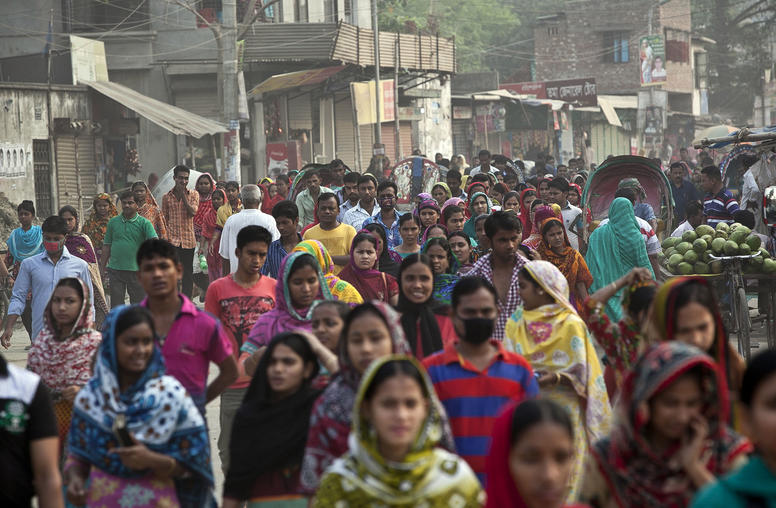Question And Answer
Publications
Articles, publications, books, tools and multimedia features from the U.S. Institute of Peace provide the latest news, analysis, research findings, practitioner guides and reports, all related to the conflict zones and issues that are at the center of the Institute’s work to prevent and reduce violent conflict.

What You Need to Know About the I2U2
As part of his visit earlier this month to the Middle East, President Biden participated in the first leaders summit of a new grouping made up of Israel, India, the United Arab Emirates and the United States. Known as the I2U2, the countries’ foreign ministers formed the bloc in the fall of 2021 to deepen technological and private sector collaboration in the region and tackle transnational challenges in six focus areas: water, energy, transportation, space, health and food security. Beyond the announcement of a food security initiative and a hybrid renewable generation facility for India, little was revealed about what’s next for I2U2.

Daniel Markey on Strategic Stability in Southern Asia
Security, territorial and political tensions between Southern Asia’s three nuclear states — Pakistan, India and China — "have gotten worse over the past few years," says USIP's Daniel Markey. "These are countries that have been at war a number of times… that [makes] these hostilities difficult to manage."

Our Next ‘Unthinkable’ Crisis: Nuclear War in Asia?
Our world’s spate of disasters so recently unimaginable — European cities pulverized by war, Earth’s decaying climate or 6 million dead from pandemic disease — evokes a national security question: What other “unthinkable” crises must American citizens and policymakers anticipate? A singular threat is warfare around our planet’s one spot where three nuclear-armed states stubbornly contest long-unresolved border conflicts. Largely unnoted in national security news coverage, the conflicts embroiling China, India and Pakistan are growing more complex and dangerous. A USIP study shows the urgency for U.S. policymakers of working to reduce the risks.

China, India and Pakistan: Tenuous Stability Risks Nuclear War
Over the past decade, long-standing disputes between the nuclear-armed states of Southern Asia have repeatedly veered into deeper hostility and violence. These regional developments reflect and reinforce new and significant geopolitical shifts, starting with the global strategic competition between China and the United States. In Southern Asia, relations between the United States and Pakistan have frayed even as U.S.-India and China-Pakistan ties have strengthened. The region now faces deepening and more multifaceted polarization. Global competition adds fuel to regional conflict and reduces options for crisis mediation.

Bangladesh’s Balancing Act Amid the U.S. Indo-Pacific Strategy
As the Biden administration implements its new Indo-Pacific strategy, Bangladesh’s relationships with neighboring India and China are drawing renewed interest from U.S. policymakers. U.S. Undersecretary for Political Affairs Victoria Nuland visited Dhaka in late March and signed a draft defense cooperation agreement; last year, Special President Envoy for Climate John Kerry also went to Dhaka in advance of the Leaders’ Summit on Climate. At the same time, Washington retains concerns over democratic backsliding, human rights abuses and constraints on free and open electoral competition in the country. Experts Anu Anwar, Geoffrey Macdonald, Daniel Markey and Jumaina Siddiqui assess the factors shaping Bangladesh’s relations with its neighbors and the United States.

Dan Markey on the Quad Leaders’ Summit
USIP’s Dan Markey says the growth of the Quad — a partnership between the United States, Australia, India and Japan — can be seen as a counter to China, but “instead of being principally a military organization, the Quad … will focus on more positive ventures” such as vaccine diplomacy, climate change and technology.